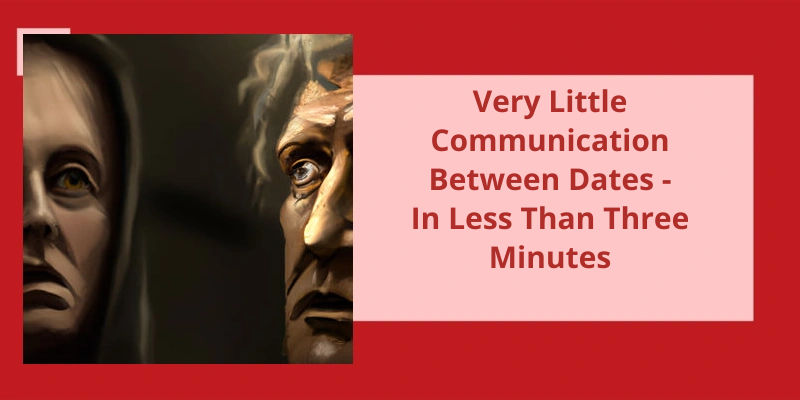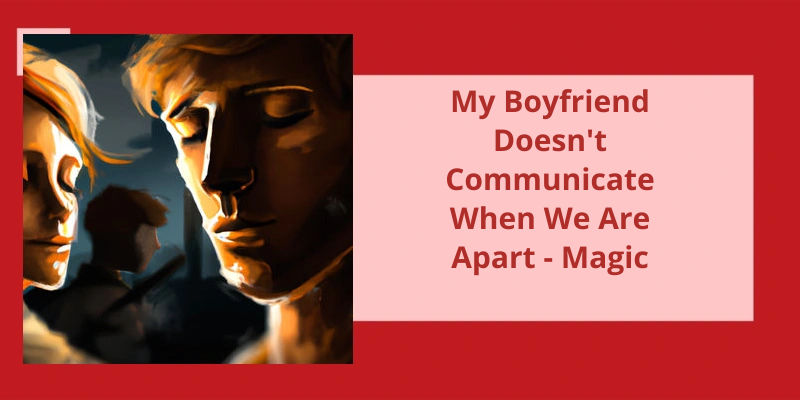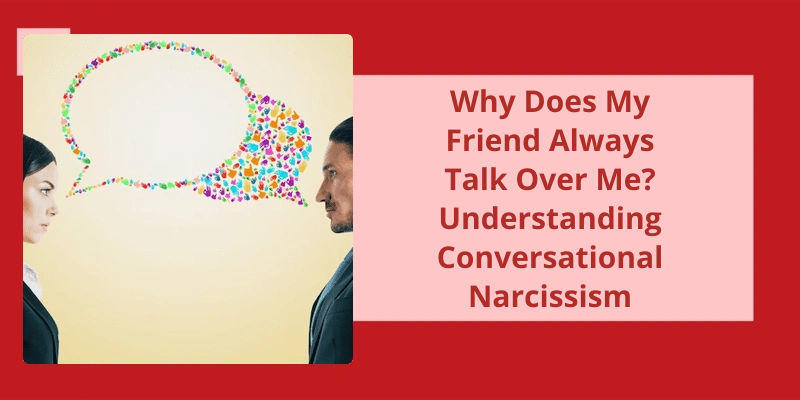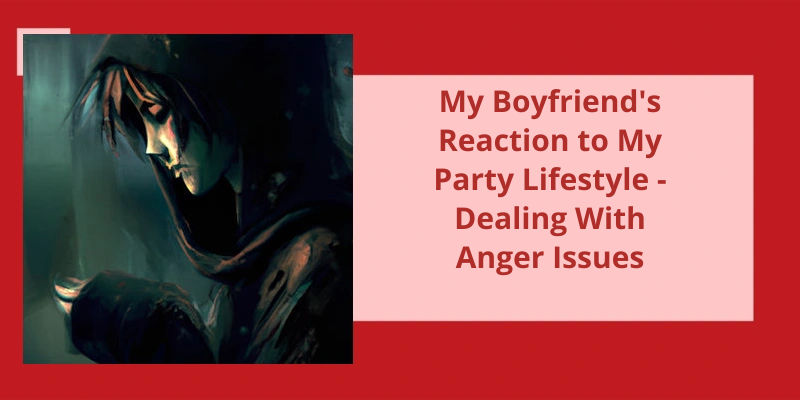In today's fast-paced world, where technology has made communication easier and more convenient than ever before, it's curious to observe a peculiar trend in the dating realm. Despite the myriad ways to connect and stay in touch, it seems that there’s a growing lack of meaningful communication between individuals going on dates. In less than three minutes, it appears that the essence of genuine connection and understanding is becoming increasingly scarce. This phenomenon raises questions about the impact of digital distractions, superficial conversations, and the tendency to prioritize quantity over quality. In this blog article, we will explore the reasons behind this minimal communication between dates and it’s potential consequences on modern relationships.
How Long Should You Wait Between Messages Dating?
When it comes to online dating, one of the most frequently asked questions is how long should you wait between messages? Well, the truth is, there’s no one-size-fits-all answer to this question. The frequency of communication between dates can vary greatly depending on various factors, such as personal preferences, the stage of the relationship, and individual circumstances.
That being said, a standard period of communication between dates on online dating sites is often around seven to ten days. This allows both parties to have enough time to process the previous date and reflect on their feelings and interests. It also gives them ample time to consider their next steps and whether they want to continue pursuing the relationship.
However, it’s essential to note that everyone is different, and what works for some may not work for others. Some people prefer constant communication and may want to exchange messages as soon as ten minutes after a date. This can be a sign of strong interest and enthusiasm. On the other hand, some individuals may prefer to wait longer, perhaps even as long as four hours, before initiating communication again.
Ultimately, it boils down to your personal preferences and what feels right for you. It’s important to be genuine and authentic in your communication, both in terms of timing and content. Dont rush into anything if youre not ready, but also don’t be afraid to reach out sooner if youre genuinely interested.
Remember, successful relationships are built on open and honest communication. If youre unsure about the right timing or frequency, it’s always a good idea to have a conversation with your potential partner and discuss your expectations and boundaries. This can help create a solid foundation for your budding relationship and ensure that both parties are on the same page. So, take your time, be genuine, and let the connection evolve naturally.
How to Navigate Communication Expectations in the Early Stages of Online Dating
- Set clear and realistic communication expectations from the beginning.
- Be upfront about your preferred communication methods (text, voice call, video chat, etc.).
- Establish boundaries and be respectful of each other’s time and privacy.
- Communicate regularly to maintain a connection, but avoid being too clingy or overbearing.
- Listen actively and ask thoughtful questions to show genuine interest in the other person.
- Be open and honest about your intentions, expectations, and deal-breakers.
- Avoid making assumptions or jumping to conclusions without clear communication.
- Be mindful of the other person’s response time and be patient.
- Practice effective communication by expressing your thoughts and feelings clearly.
- Don’t be afraid to address any concerns or conflicts that arise.
- Remember that online dating is just the beginning, and communication will evolve as the relationship progresses.
Maintaining communication between dates is crucial for building a connection and alleviating anxiety. Particularly after the first date, texting can help keep the momentum going, ensuring a higher chance of securing that all-important second date. Going silent in between dates may send the wrong signal and potentially jeopardize the progress made. But how do you strike a balance without overwhelming the other person? Let’s explore some strategies on effectively maintaining communication between dates.
Are You Supposed to Talk Between Dates?
In the modern dating world, where technology plays a significant role in connecting people, it’s crucial to address the issue of communication between dates. The question arises: are you supposed to talk between dates? The answer is an emphatic yes. In fact, it’s highly encouraged to keep the lines of communication open between encounters.
Without communication in between dates, anxiety can easily creep into the minds of both individuals involved. Doubts and insecurities may arise, leading to unnecessary overthinking and potential misunderstandings. By keeping the conversation going through text messages or phone calls, you can alleviate these concerns and create a sense of connection and comfort.
Especially between the first and second date, it’s important to maintain this momentum. Texting can serve as an avenue to show your continued interest in the other person and keep the spark alive. It allows you to get to know each other more intimately, exchange thoughts and ideas, and share more about your lives. This kind of consistent communication facilitates a deeper understanding and connection between two people.
Ghosting or going silent between dates can give the impression of disinterest or lack of investment, potentially leading to the end of a potential relationship before it even begins. By engaging in regular conversation, you demonstrate your genuine desire to get to know the other person better and create a foundation for a meaningful connection.
Remember, communication is the key to any successful relationship. By showing your willingness to invest time and effort into getting to know someone, you increase the chances of a second date. So, don’t hesitate to initiate those text conversations or phone calls – they might just be the bridge that leads to a blossoming connection.
How Much Minimal Texting Before Date?
As possible to see if theres real chemistry and connection.”. Chlipala emphasizes the importance of face-to-face communication, as texting can often lead to misunderstandings or misinterpretations. Meeting in person allows for a more authentic and meaningful connection to develop.
However, it’s important to note that the amount of texting before a date can vary depending on personal preferences and comfort levels. Some individuals may prefer to have more extensive conversations via text before meeting, while others may prefer to keep the texting to a minimum and focus on meeting in person. The key is finding a balance that works for both parties involved.
Additionally, it’s important to keep in mind that texting shouldn’t be used as a substitute for real communication. While it can be convenient for quick updates or logistical details, it’s not the most effective way to get to know someone on a deeper level. Face-to-face interactions allow for nuances in tone, body language, and eye contact that cant be conveyed through texts.
However, when it comes to dating, it’s essential to prioritize meaningful face-to-face interactions. So, instead of spending excessive time texting, focus on setting up a date and getting to know each other in person. This approach allows for a more genuine connection to develop and sets the foundation for a potential relationship. Ultimately, the goal should be to move beyond the screen and into the real world where true connections are made.
The Potential Drawbacks of Excessive Texting Before a Date
Excessive texting before a date can have potential drawbacks. While it may seem like a convenient way to get to know someone, too much communication can lead to unrealistic expectations.
Texting can create a false sense of intimacy and familiarity. It’s easy to misinterpret tone and intentions through messages, which can lead to misunderstandings and miscommunication.
Furthermore, constant texting before a date can make the actual meeting feel less exciting. When you already know everything about the person, there may be fewer surprises and less to talk about, which can result in awkward or boring conversations.
In some cases, excessive texting can also lead to a phenomenon known as “textual chemistry but not in-person compatibility.” This means that while you may have great conversations through messages, you might not have the same connection or chemistry when you meet in person.
Therefore, it’s important to strike a balance between texting to arrange a date and leaving room for face-to-face interaction. Building anticipation and allowing for genuine discovery during the date can lead to more fulfilling connections.
Source: Here’s How Long You Should Text Before Having A First Date
When it comes to texting between dates, finding a balance is key. But what exactly is considered normal? Well, if you’re dealing with a two-day gap, it’s best to hold off until the day of the date. However, once it reaches three days, it’s wise to send a text on at least one of those in-between days. And if your next date is more than a week away, it’s important to up the frequency and reach out more often.
How Much Texting Between Dates Is Normal?
When it comes to texting between dates, there’s no one-size-fits-all answer to how much is normal. However, it’s generally recommended to maintain some level of communication to keep the connection alive. If there are two days in between you and the next date, it’s still advisable to wait until the day of the date to text. This allows for a sense of anticipation and keeps the excitement intact.
However, if the gap between dates extends beyond three days, it may be beneficial to reach out at least once during the in-between period. A simple text to check in or share something interesting can help maintain the momentum and show your continued interest. This demonstrates that you’re invested in getting to know the other person and keeps the conversation flowing.
If the gap stretches beyond a week, it becomes even more important to text more frequently. The longer the time between dates, the more effort you should put into staying in touch. Regular communication can help bridge the gap and prevent the connection from fading away. This could involve sharing daily updates, engaging in meaningful conversations, or even setting up virtual dates to keep the relationship progressing.
Ultimately, the frequency of texting between dates should be a mutual decision between both parties. It’s essential to consider individual preferences and communication styles. Some people may prefer more frequent communication, while others may appreciate more space and limited texting. It’s crucial to find a balance that works for both individuals and ensures that the lines of communication remain open and consistent.
However, it’s important to note that this isn’t always the case. While some guys may refrain from texting in between dates for casual reasons, there are also situations where their lack of communication stems from a desire to take things slow or from personal preferences. It’s crucial to understand individual preferences and intentions instead of generalizing all men’s behavior in this regard.
Why Doesn’t He Text in Between Dates?
Many women often wonder why there’s very little communication between dates, especially when it comes to texting. It can be quite frustrating and confusing, leaving them questioning the guys intentions and interest. However, there are a few reasons why guys refrain from regular communication, and one of the main reasons is the fear of things becoming too fast or too serious.
For many men, regular communication, especially in the form of texting, can easily escalate the relationship. They might worry about giving off the wrong impression or coming across as too clingy. Therefore, they choose to limit communication to avoid any potential misunderstandings or premature expectations.
Another crucial reason why a guy may not contact you between dates is that he’s simply looking for something casual and isnt interested in anything more serious. He might be trying to “bed” you, as you mentioned. In such cases, guys may not feel the need to invest much time or effort into consistent communication. Their primary focus is often on fulfilling their immediate desires, rather than establishing a deep emotional connection.
It’s important to note that not all men fall into this category, but it’s a factor to consider if you notice a lack of communication between dates. However, it’s essential to have open and honest conversations about intentions and expectations early on to prevent any misunderstandings or hurt feelings.
Some guys may also prefer face-to-face interactions over texting. They might feel that texting can be impersonal or lead to misinterpretation. By limiting communication to in-person meetings, they believe they can better convey their thoughts and feelings, enhancing the quality of their time together.
Different Communication Styles: Exploring the Idea That Men and Women May Have Different Preferences When It Comes to Communication, and How This Can Impact the Frequency of Texting Between Dates.
- Men and women may have different communication styles.
- These differences can impact the frequency of texting between dates.
- Understanding these preferences can improve communication.
- Some men prefer short and direct messages.
- Women may prefer longer and more detailed texts.
- Men may prioritize texting for practical purposes.
- Women may use texting to build emotional connections.
- These differences can create misunderstandings and misinterpretations.
- Open communication and compromise are essential for successful relationships.
Conclusion
In a era where technology has provided us with endless possibilities for communication, it’s ironic that romantic relationships can often be plagued by very little communication between dates. In less than three minutes, couples can miss out on crucial opportunities to truly connect and understand each other. This lack of communication can lead to misunderstandings, frustration, and ultimately the stagnation of a relationship. It’s vital for individuals to prioritize open and honest conversations in order to build a strong foundation for their partnership. By investing time and effort in effective communication, couples can foster trust, intimacy, and a deeper understanding of one another. So, let’s remember the importance of meaningful dialogue in our relationships, pushing past the limitations of time constraints to create lasting connections.






